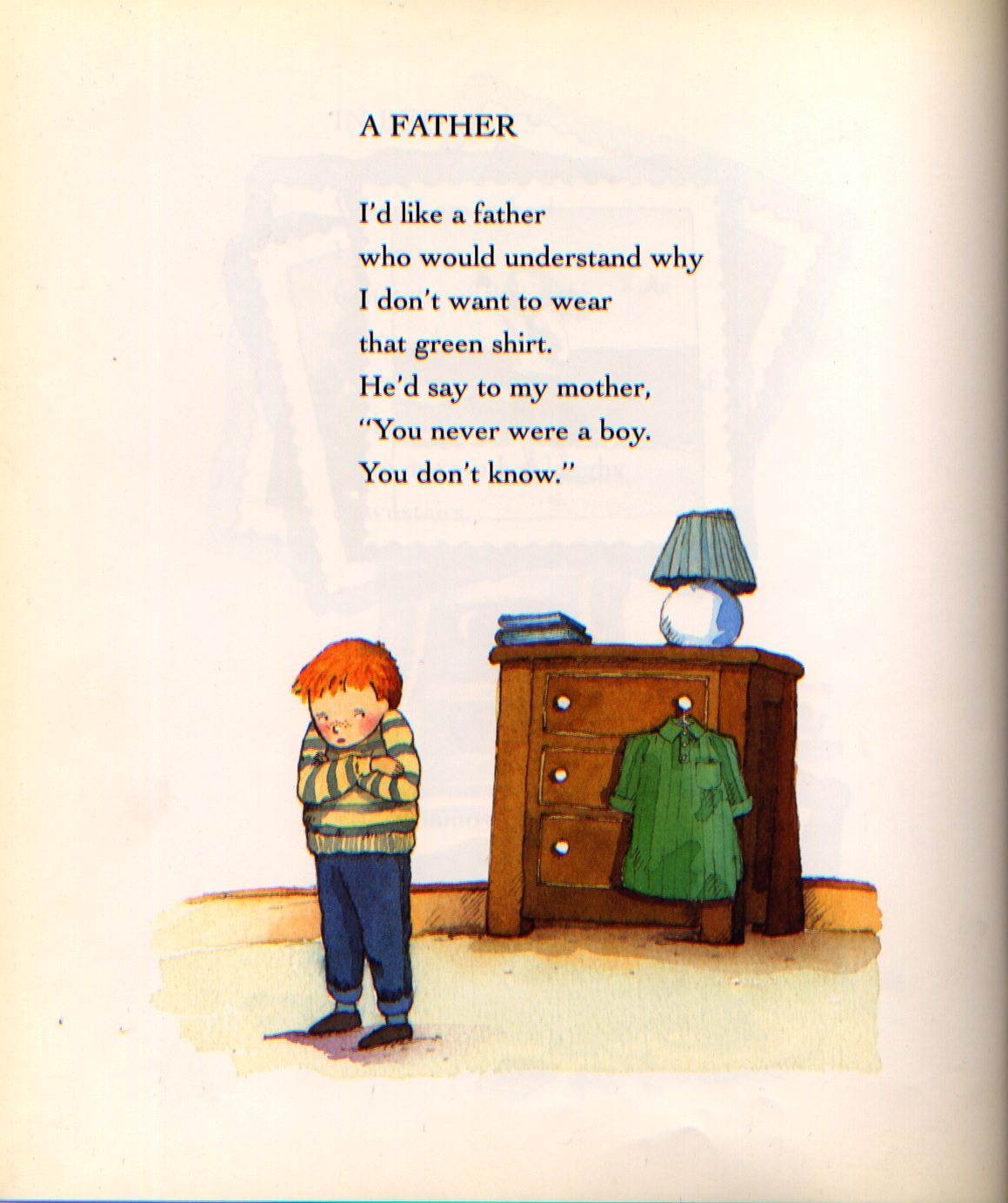I recently did an interview — honestly forget where, but it was with a middle-school reader — who asked the following question about Bystander:
Q. What was the reason you added some questionable or inappropriate words?
I replied:
I don’t understand the question. I think the word “ass” is in the book a couple of times. Was there anything else? Given what’s on television, and in PG movies, and in middle school buses and playgrounds, I’m sure the language in my book is extremely restrained and tame. When someone smashes his thumb with a hammer, the typical reaction is stronger than, “Oh, gee, golly darn,” and as a writer you have to decide whether to be true or false to that moment. Often it’s a matter of degree. In Bystander, again, there are no curse words — and I contend that it’s far tamer than most middle school playgrounds.
I don’t know that my answer is all that great. I find myself unable to give pithy answers to deep questions, since as a thinker I tend to circle and circle back, over and again, nuancing the damn thing to death. I faced this issue far more seriously with my debut YA novel, Before You Go (Spring, 2012), where there were no rules governing what could be included in the book. I was free to color outside the lines, because there were no lines. “Anything goes,” my editor, Liz Szabla, told me. Ultimately, I had to decide what I needed for this particular book, and what I personally wanted to put out into the world. And, yes, certainly: I had to at least consider the gatekeepers, whether certain choices might keep my book out of classrooms and school libraries. This included issues not only of language, but drug use, sex, jokes, interior thoughts, etc. It becomes a balancing act of “how true,” and “how much,” and “why.” I ended up following the basic principle of, a little bit goes a long way. But I respect writers who take it as far as they need to go to get it right, to be true, or real, or relatable.
Tricky stuff involving censorship, self-censorship, and our responsibility (the ethics) of being an adult working in the broad, vast, ever-expanding field of “children’s literature,” whatever that is. I don’t have the answers. But I am learning the questions.
By the way, I have to recommend that you check out this link, from a blog post by Laurel Snyder, that addresses many of the above issues (as they pertain to the recent YA brouhaha caused by this WSJ article by Meghan Cox Gurdon). Great job, Laurel, balanced, poised, beautifully said.





